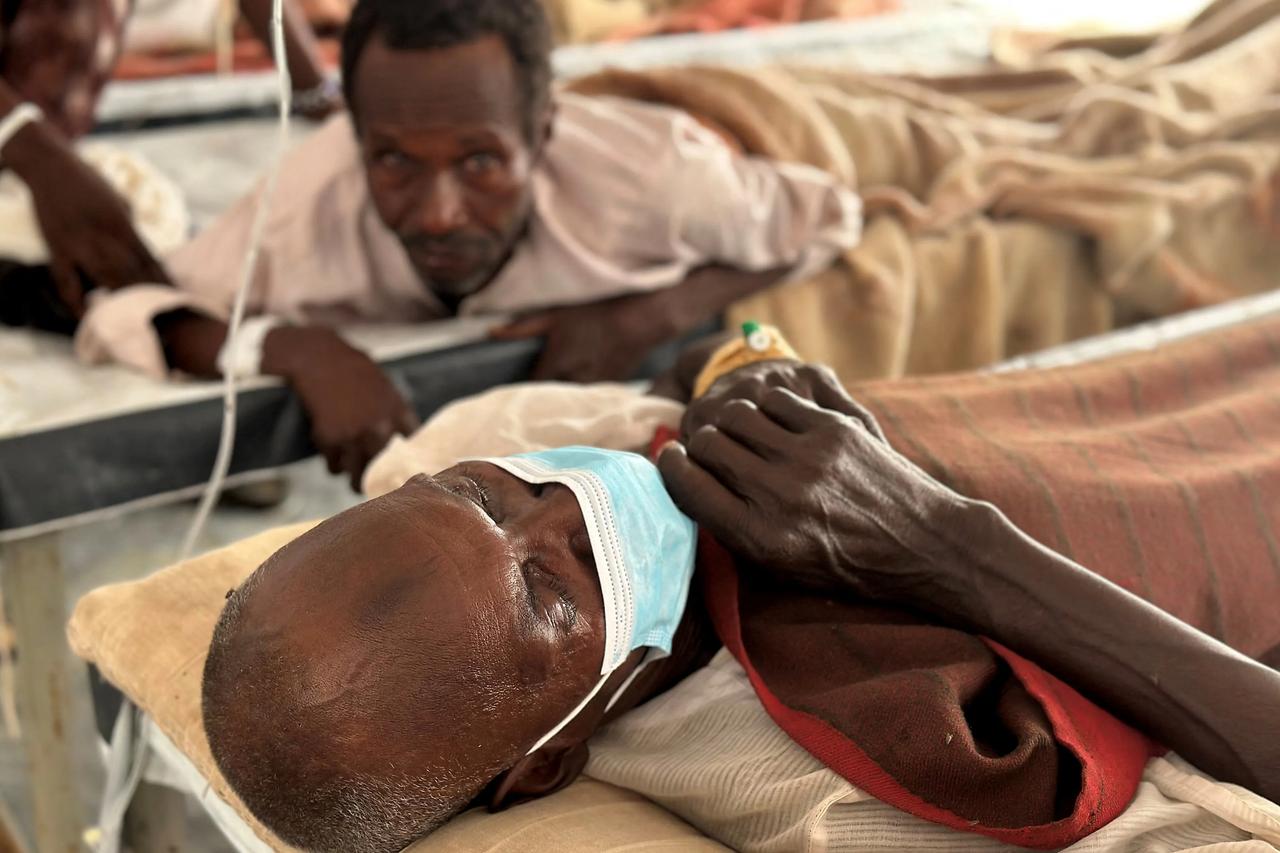
Sudan is facing one of its most severe public health crises in recent years as a cholera outbreak has infected more than 113,600 people and claimed over 3,000 lives since July 2024, according to the World Health Organization (WHO).
Health officials warn that the epidemic, with a fatality rate of 2.7%, is being intensified by the country’s ongoing civil war, which continues to obstruct access to medical care, safe water, and essential supplies.
The western region of Darfur has become the epicenter of the outbreak. As of late September, authorities confirmed more than 12,700 infections and at least 358 deaths across 36 of Darfur’s 64 localities.
Tawila in North Darfur, which shelters more than half a million displaced people, has been hit hardest, accounting for more than half of the reported cases in the region.
To slow the spread, health workers began administering oral cholera vaccines on Sunday in high-risk areas of Darfur. The campaign aims to protect nearly 1.9 million people across six localities in South, East, and North Darfur. Deliveries of the vaccines, which had faced weeks of logistical and security delays, finally reached the regional hub of Nyala earlier this month.
Hala Khudari, WHO’s deputy representative to Sudan, said that while vaccination is crucial, it is only one part of a wider response. “While vaccination is highly effective, it is one part of a comprehensive cholera response,” she noted, stressing the need for improved disease surveillance, clean water, adequate treatment, and community participation.
The civil war, ongoing since April 2023 between the Sudanese army and the paramilitary Rapid Support Forces, continues to hinder relief operations.
The conflict has already caused thousands of deaths, mass displacement, and widespread shortages of food, water, and health services. Khudari underlined that “without peace, sustaining health services will remain a major challenge,” reflecting fears that the outbreak could worsen if stability is not restored.